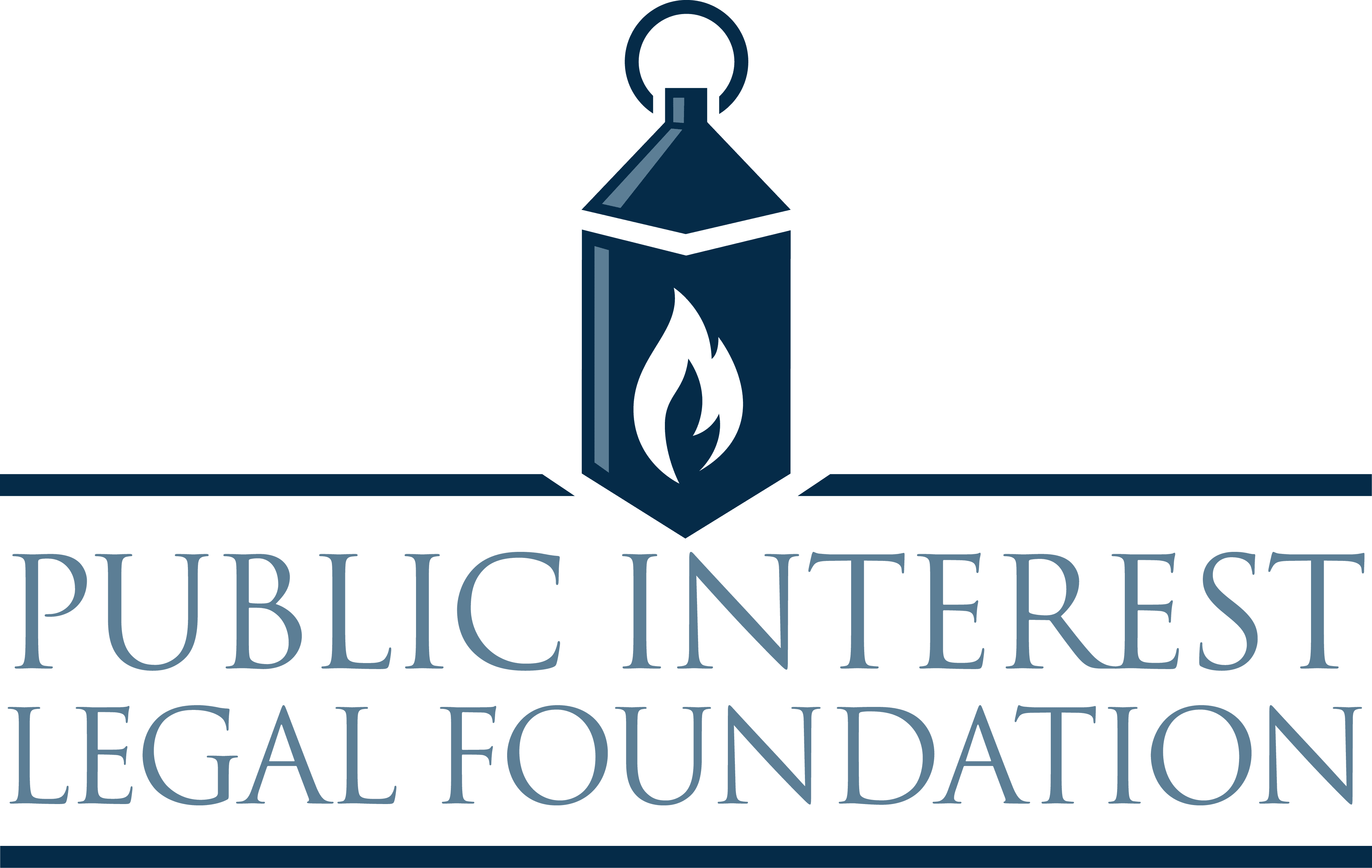Court Recognizes Value in Calculating Voter Roll Bloat Rates
(MIAMI, FL.) – July 13, 2017: The Public Interest Legal Foundation (PILF) today released a statement applauding several decisions related to a legal challenge over Broward County, Florida’s bloated voter registration records (ACRU v. Snipes).
The United States District Court in the Southern District of Florida weighed a number of matters related to proper voter list maintenance procedures; the validity of voter roll research methodologies; acceptable expert witness testimony; and others when largely denying Broward County and the SEIU United Healthcare Workers Local 1199’s joint requests for summary judgment.
“The Court offered a number of common-sense rulings in the face of Broward County’s claims that voter rolls are regularly scrubbed of outdated and ineligible records,” PILF Communications Director Logan Churchwell said. “The Court recognized that despite the County’s assurances to the contrary, one cannot dismiss the fact that Broward has more registered voters than resident citizens.”
Below is a summary of observations made by the Court to deny motions for summary judgment and prohibit certain plaintiff experts.
The Court recognized the value in studying voter registration totals against U.S. Census data.
“The Court does not agree with Snipes and United that outcomes bear no significance whatsoever when it comes to determining whether an election official has met her duties under a statute through which one of Congress’ stated purposes is to ‘ensure that accurate and current voter registration rolls are maintained’.”
“Ultimately, taking ACRU’s evidence as true, the voter registration rates extrapolated from Broward County’s voter rolls at the very least create a reasonable inference that Snipes, despite all of the stated list maintenance efforts she has undertaken, has failed to meet the reasonableness requirement under subsection (a)(4) of Section 8.”
The Court found that simply claiming to send mailings to relocating voters does not immunize registrars from scrutiny.
“[T]his Court holds that although an election official’s particular [National Change of Address] process for identifying and removing voters who have changed their residence is “permissible under the NVRA” … such a process does not necessarily demonstrate full satisfaction of all the duties owed by that election official…”
The Court granted entry to two plaintiff experts, despite the defendants’ extensive efforts to exclude them from further proceedings.
Former Colorado Secretary of State Scott Gessler will “opine on industry practices he is familiar with, what he perceives as deficiencies in [Broward County Supervisor of Elections Office’s] list maintenance program, and how he believes such deficiencies can be remedied.”
Center for Immigration Studies Director of Research Dr. Steven Camarota will testify on the rates of voter registration for Broward County that exceed 100 percent of the eligible population.
A separate court recently recognized the value in voter registration calculations to pinpoint bloated jurisdictions like in Wake County, North Carolina, where a PILF client, Voter Integrity Project-NC, successfully defeated a dismissal motion on similar grounds.
The Broward County matter is expected to proceed to a trial in the United States District Court for the Southern District of Florida at the Wilkie D. Ferguson United States Courthouse later in July. Dates will be announced upon release.
A copy of the ruling, entered on July 12, 2017 has been made available, here.
Public Interest Legal Foundation (PILF) is a 501(c)(3) public interest law firm dedicated to election integrity. The Foundation exists to assist states and others to aid the cause of election integrity and fight against lawlessness in American elections. Drawing on numerous experts in the field, PILF seeks to protect the right to vote and preserve the Constitutional framework of American elections.
###

